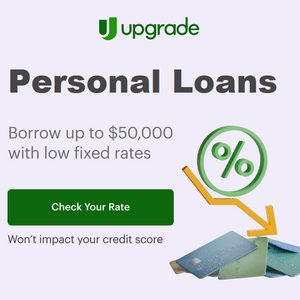 Breaking down insurance terms can be tricky, especially if you’re starting the journey toward homeownership. Most new homeowners and potential buyers have heard of homeowners insurance (HI) and private mortgage insurance (PMI), but it is common to get the two types of insurance confused. While one offers protection against financial loss to the homeowner, the other works to protect someone else’s interests.
Breaking down insurance terms can be tricky, especially if you’re starting the journey toward homeownership. Most new homeowners and potential buyers have heard of homeowners insurance (HI) and private mortgage insurance (PMI), but it is common to get the two types of insurance confused. While one offers protection against financial loss to the homeowner, the other works to protect someone else’s interests.
When it comes to protecting a significant asset like your home, it is important to understand how homeowners insurance differs from private mortgage insurance and why each plays a role in the total cost of home-ownership.
Private Mortgage Insurance (PMI)
When you use a mortgage loan to refinance or purchase a home, the lender takes on a substantial financial risk given the long-term repayment structure of the mortgage combined with the amount financed. To help protect itself from financial loss should you as the borrower fail to repay the mortgage on time or in full, private mortgage insurance is often added into the mix.
Private mortgage insurance covers some or all of the financial loss the lender may experience when borrowers default on payments, including the cost associated with foreclosure.
Typically, homeowners who have less than 20% equity in their home – meaning the difference between the outstanding mortgage balance and the value of the property – are required to carry private mortgage insurance to protect the lender’s ongoing interest. Once the home’s equity reaches or exceeds the 20% threshold, private mortgage insurance can be removed from the loan.
While the protection is required, an insurance premium is paid as part of the monthly mortgage payment, adding to the total cost of homeownership.
Homeowners Insurance (HI)
Unlike private mortgage insurance, homeowners insurance works to the benefit of the homeowner. Insurance coverage for homeowners is designed to protect the property and what’s in it, such as furniture, jewelry, appliances, and other valuable items.
In the event of a disaster, like fire or inclement weather, theft, or other loss, homeowners insurance pays the homeowner to recoup any financial losses, up to the limits of the policy. Some degree of homeowners insurance is required to be put in place by nearly all mortgage lenders at the time a new mortgage is approved and funded.
Similar to private mortgage insurance, homeowners insurance premiums are added to the monthly mortgage payment, paid out of escrow one or more times each year.
Final Thoughts on PMI versus Homeowners Insurance
Private Mortgage Insurance
PMI protects the interests of your mortgage loan company while homeowners insurance safeguards your interest in your home. To avoid paying private mortgage insurance, it is often necessary to work with a lender that does not require it or bring enough cash to the table to ensure you have at least 20% equity in the home at the time the loan is established.
Homeowners Insurance
Homeowners insurance is a must as part of the home buying process, but you can save on the cost of the coverage by shopping around to various insurance providers prior to or after closing on your new mortgage.

